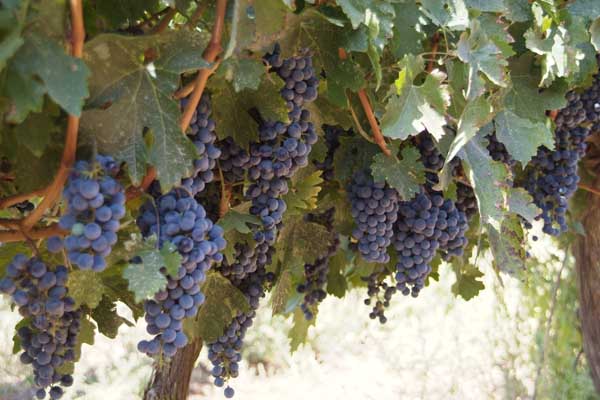The toast of Israel
 |
|
Israeli winemakers use European favorites as well as indigenous grapes from the region. [Photo provided to China Daily] |
Professor Ma observes that Israeli wines are more easily compared to those of Greece than of France, thanks to a similar climate, experiments with indigenous grapes and links with ancient trade routes.
Two of Israel's biggest wineries are owned by Carmel, founded in 1882 by Chateau Lafite owner Baron Edmond de Rothschild. Carmel is a pioneer in the country's modern winemaking, as is Teperberg, founded in 1870 and in one family's hands for five generations. Since the 1800s, Israeli winemakers have planted the most popular grapes from the Old and New Worlds, including chardonnay, cabernet Franc, merlot and malbec, but the newest wineries have been more adventurous.
Among the wines sampled by the recent master class in Beijing: Recanati's Marawi 2014. Unique to Israel, marawi is the first indigenous grape re-created with DNA technology, thanks to preserved samples of grape tissue at least 2,000 years old.
"This is what Jesus might have been drinking when he walked on water," Tal-Cohen says with a grin. (Don't try it at home.)
Today's marawi is fermented and aged in French oak barrels, yielding a citrusy vintage with good acidity and distinct minerality.
Some other bottles that won praise at the Beijing tasting, priced from $8 to $20 retail.
- Alibaba to sell Argentinean wine and fresh foods in China
- Wine imports in China poised for growth spike
- Can prosecco help Italy unlock China wine market?
- Trademark removal review dispute between Beijing Just Business &Trading Co, Ltd, State Administration for Industry & Commerce Trademark Review and Adjudication Board and Kaisai Mingzun International Wine (Beijing) Co, Ltd
- China consolidates ranking as Chile's top wine market
















